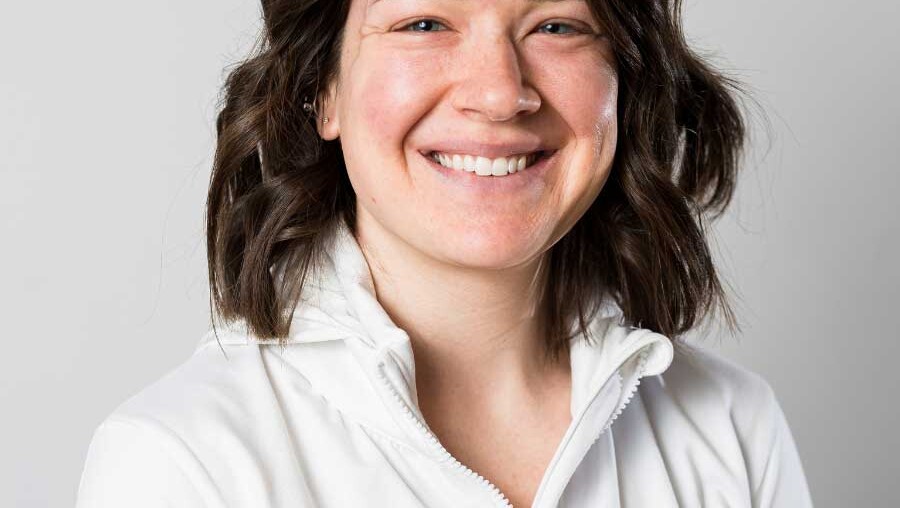We think about the nursery and getting all of the supplies for the baby but what about getting ready for postpartum yourself as mom? Pregnancy, labor, and delivery are a huge stress which means you’ll have a lot of recovering and healing to do postpartum! Postpartum planning will help make sure that happens appropriately.
One of the most important aspects of recovery and healing postpartum is nutrition! What you eat in postpartum is just as important as what you ate during pregnancy. So you should be thinking, “how will I rest, recover, and receive support during postpartum?” And my favorite question, “how will I feed myself during postpartum?”

Inadequate nutrition during postpartum can even lead to a higher risk of postpartum anxiety/depression. “Depletion of nutrient reserves throughout pregnancy and a lack of recovery postpartum may increase a women’s risk of maternal depression” JAMA 2009.
What actually happens to your body during postpartum?
For the first 40 days or up to 8 weeks
- the uterus contracts
- the dinner plate-sized wound left by the placenta begins to heal
- organs reorient with the space baby has left
- perineal, episiotomy, or c-section incision starts to heal
- initial pelvic floor and abdominal healing
- milk supply is established
- hunger!
Healing continues for the entire year postpartum. For example, the average time it takes for the pelvic floor to regain normal function is about a year. Pregnancy and breastfeeding preferentially feeds the baby so it can take 2 years to fully replete nutrients lost during that time. The thyroid gland is still in-flux for about a year postpartum. That’s one of the many reasons I always suggest my postpartum mamas get thyroid screening a couple times during postpartum. Postpartum thyroiditis occurs in 23% of all new mothers.

Postpartum recovery plan
Give yourself a period of time to truly rest and recuperate to the best of your ability. Most traditional cultures took a time period of about 40 days of doing little to nothing aside from taking care of baby. Across these traditional cultures, there are some similarities with how they ate in the postpartum period.
- prioritization of animal foods nose-to-tail including broths made with meat and bones, organ meats, and high-iron foods
- high fat and high protein foods
- well cooked starches (no culture was “low-carb” during postpartum)
- cooked vegetables
- iodine-rich foods such as seaweed, seafood, eggs, and dairy

Plan how you will be supported after birth. Who can help? Can a meal train be arranged? Can you put meals in the freezer? Can you plan for family members and friends to cook for you?
Meal trains can be very helpful because so many people in your community want to help but don’t know how. Give them very specific ways to help including dropping off meals. By using something like Meal Train, you can specify preferences including food desires but also delivery options. Do you want someone to just drop it off at the door without disturbing you? What days of the week or time of day do you want food dropped off? These are planned ahead so you’ll know what meals are covered.
If you don’t have family or friends close, a postpartum doula is worth her weight in gold!

Postpartum healing foods
The foods that will help most with healing and replenishing nutrient stores are foods high in “blood building” nutrients (iron, b12, zinc, copper) such as red meat, organ meats like liver, and shellfish such as oysters.
Collagen is a critical protein for healing. Read more about collagen here. Some great sources of collagen include bone broths, slow cooked tougher cuts of meat like roasts, poultry with the skin, and collagen supplements.
Choline needs go up while breastfeeding compared to pregnancy so prioritize eggs, liver, and salmon.
Seafood in general is important during this time due to its omega 3, iodine, and selenium content. Dairy products especially from grass fed cows can also help meet your iodine needs.
Don’t forget hydration including electrolytes. Drink lots of fluid and don’t be afraid to salt your food to taste and choose salty snacks like nuts.
What about calorie needs? Postpartum is no time to count calories and there is surprisingly little research on calorie needs postpartum. A rough estimate is that you need about 200 calories (about the size of a decent snack) more than the third trimester of pregnancy if you’re exclusively breastfeeding. Did you catch that? You need MORE nutrition postpartum compared to late pregnancy. Rest assured, you need lots of nourishing food! If you’re hungry, eat.

Postpartum freezer meals
Freezer meals are a huge help as well. I always talk to my pregnant clients about this. What are you cooking now that you can double and put ½ away in the freezer for a quick meal during postpartum? Soups, casseroles, and things like roasts or shredded meats are great for this. Here is an excellent list of recipes that freeze well.
- Slow Cooker Beef Barbacoa
- Freezer Teriyaki Chicken Meatballs with Broccoli
- Classic Meatloaf
- Italian Stuffed Peppers
- 5 Easy Chicken Marinades
- 9 Freezer-Friendly Chili Recipes
- Simple Seafood Bisque
- Italian Stuffed Peppers
- Sweet Potato Shepherd’s Pie
- Lentil Soup with Quinoa and Mushrooms
Don’t forget breakfast. Will someone be home to cook breakfast for you? How about making some quiche, breakfast burritos, or eggs bites ahead of time for the freezer?
- Denver Omelet Breakfast Burritos (Freezer Friendly
- Make-Ahead Freezer Breakfast Sandwiches
- Apple Cinnamon Baked Oatmeal
- Sausage Hash Brown Egg Muffins
- Zucchini Banana Baked Oatmeal Cups
- Amish Breakfast Casserole
- Healthy Make-Ahead Frozen Smoothie Packs
Beyond meals, think about snacks. What are snacks that you can eat one handed and stash in all of your nursing stations around the house?
Some ideas include
- No-Bake Chocolate Chip Cookie Dough Bites
- PB&J Oat Streusel Muffins
- 5-Ingredient Healthy Peanut Butter Granola Bars
- Gummy Snacks
- Chocolate Coconut Energy Balls
- Grain-Free Sweet Potato Banana Nut Muffins
- Roasted Chickpeas 3 Ways
- Mini Peanut Butter Protein Bars
- Blueberry Swirl Coffee Cake Muffins
- Pumpkin Protein Muffins
- Nuts
- Dried fruit
- Crackers and cheese
- Jerky
- Hard boiled eggs
A final note about weight loss postpartum
You may want to lose weight shortly after delivery but trust that your body needs nourishment during this time. It took months for your body to grow a baby so take your time and don’t expect changes overnight. Focus on healing for 3-6 months before even thinking about weight loss. If it happens naturally, that’s fine. But if we focus on it too much, it can get in the way of healing and will likely increase stress unnecessarily. You don’t have to love everything about your body, but you should have grace for it. “9 months on, 9 months off.”
Need additional support to make sure you’re meeting your nutrient needs and setting yourself up for recovering well? Reach out here to work with me.

In health,
Alyssa
Please note: This page contains affiliate links. If you choose to purchase a product using my affiliate link, I will receive a small commission or bonus. This will in no way impact the price you pay.



